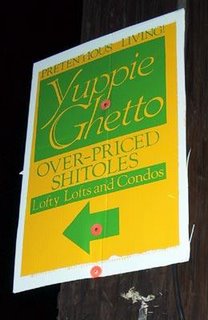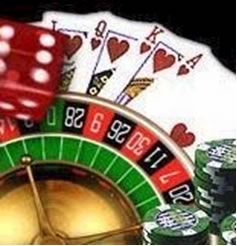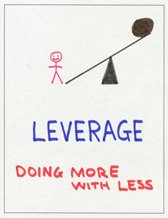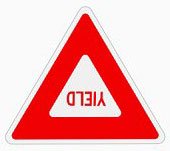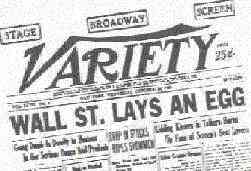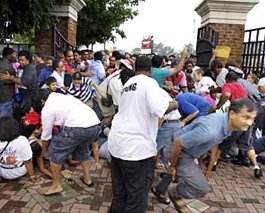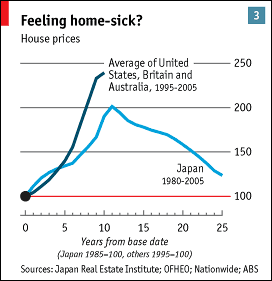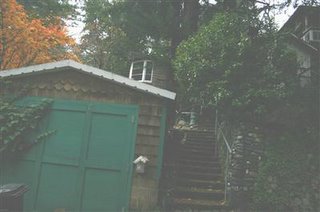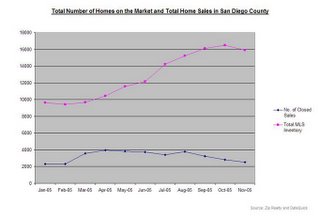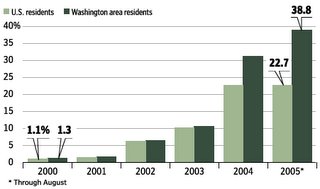

I posted yesterday with an article a picture of a sign I found hilarious (although misspelled) - the Yuppie Ghetto sign. See one here, and also a modified ad I found funny too.
Got me thinking - any HP readers have any art skills? If so, please send me your version of a Yuppie Ghetto sign. Or maybe one on the Housing Bubble - "Don't buy - it's gonna blow" kinda thing. Send to housingpanic@yahoo.com
I'll then post (with credit) the best ones.
Then... HP readers can print out at home, and if they're so inclined, go out one sunny Saturday afternoon and tape 'em over some of the builder signs in their towns.
A little street theater to make the point, save our fellow man from making a big mistake (buying at the top)

